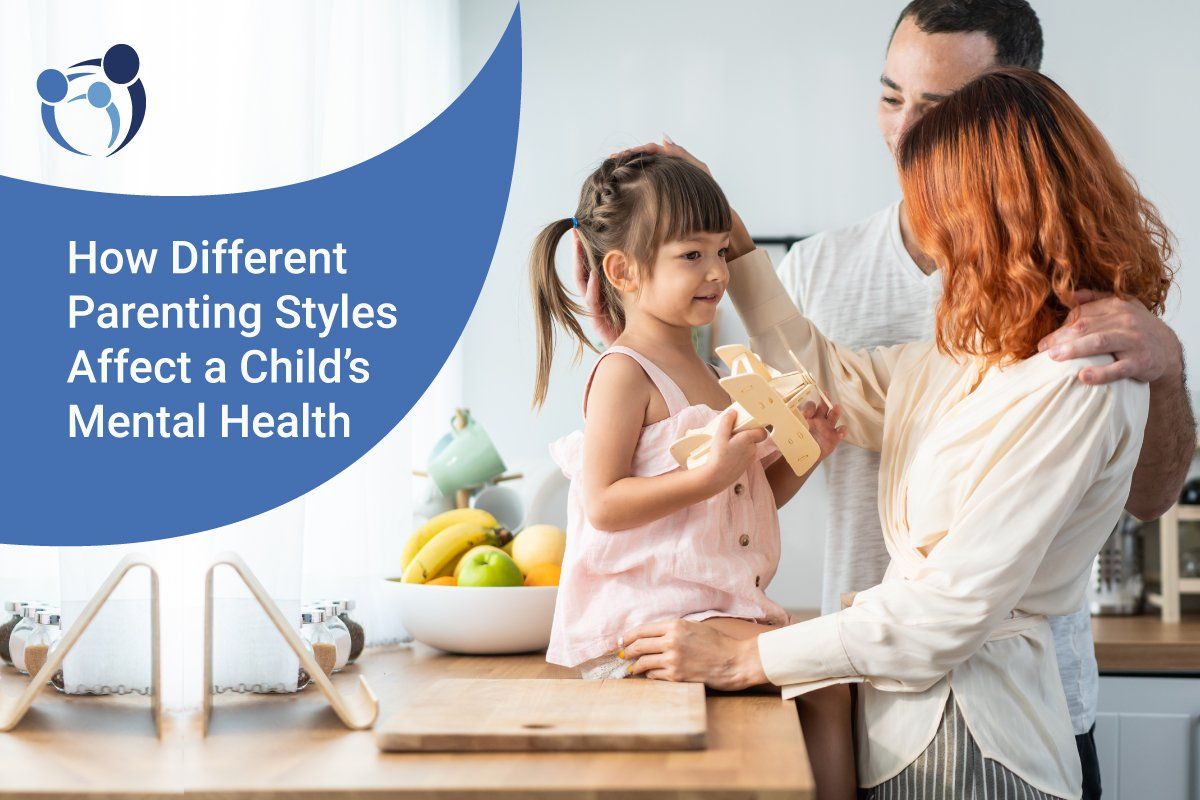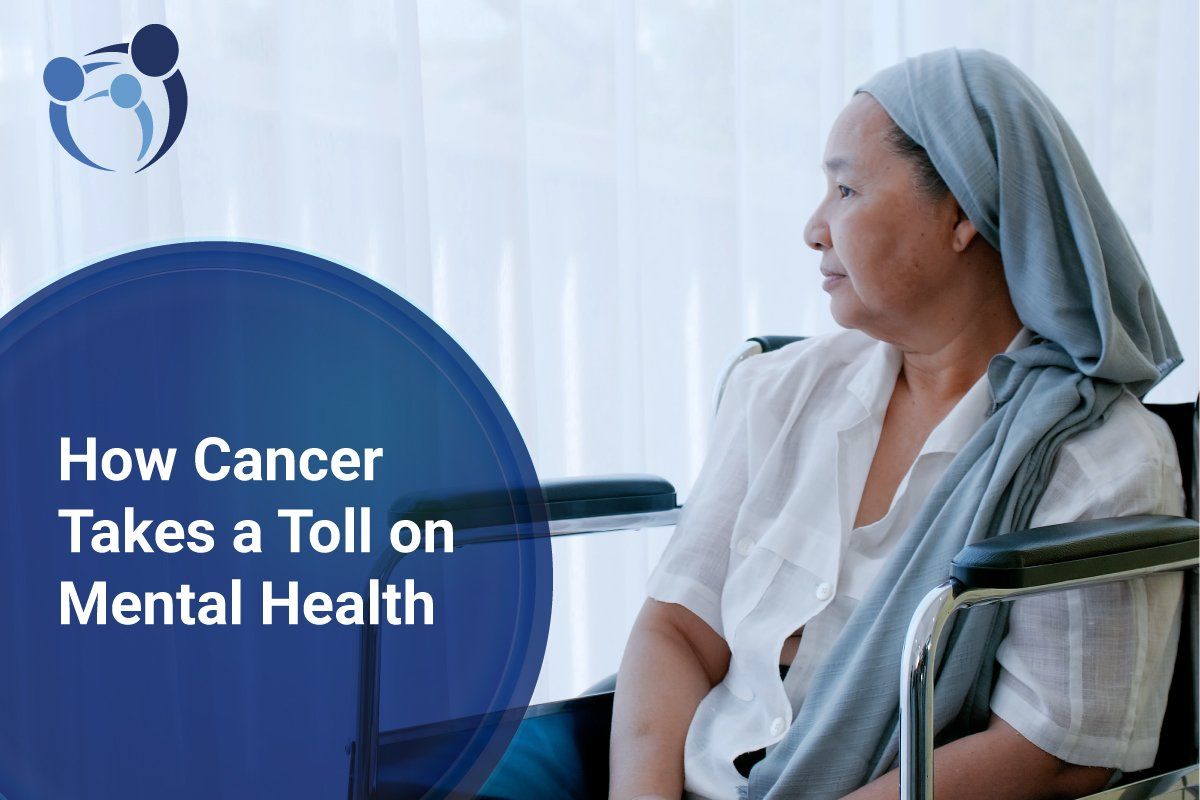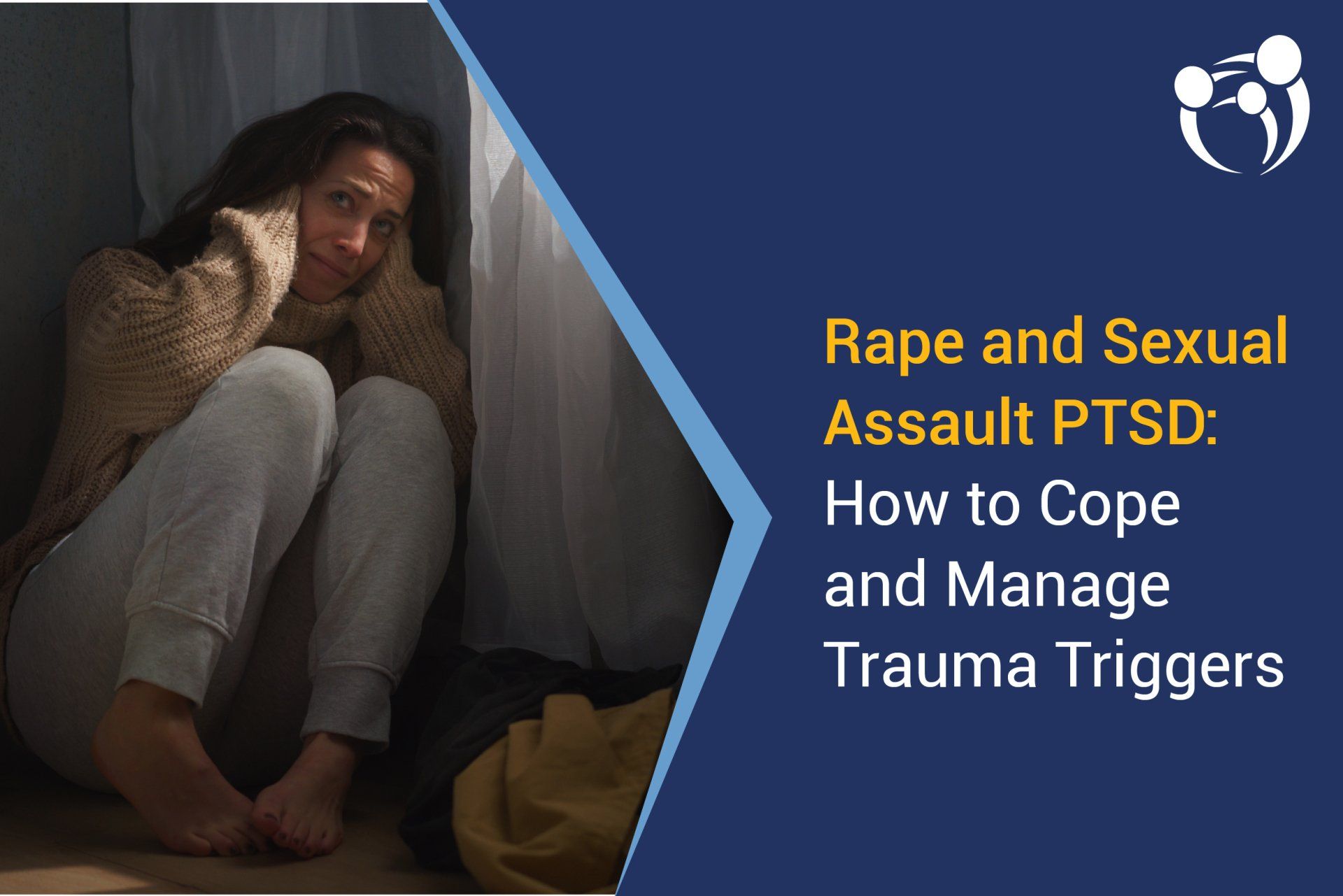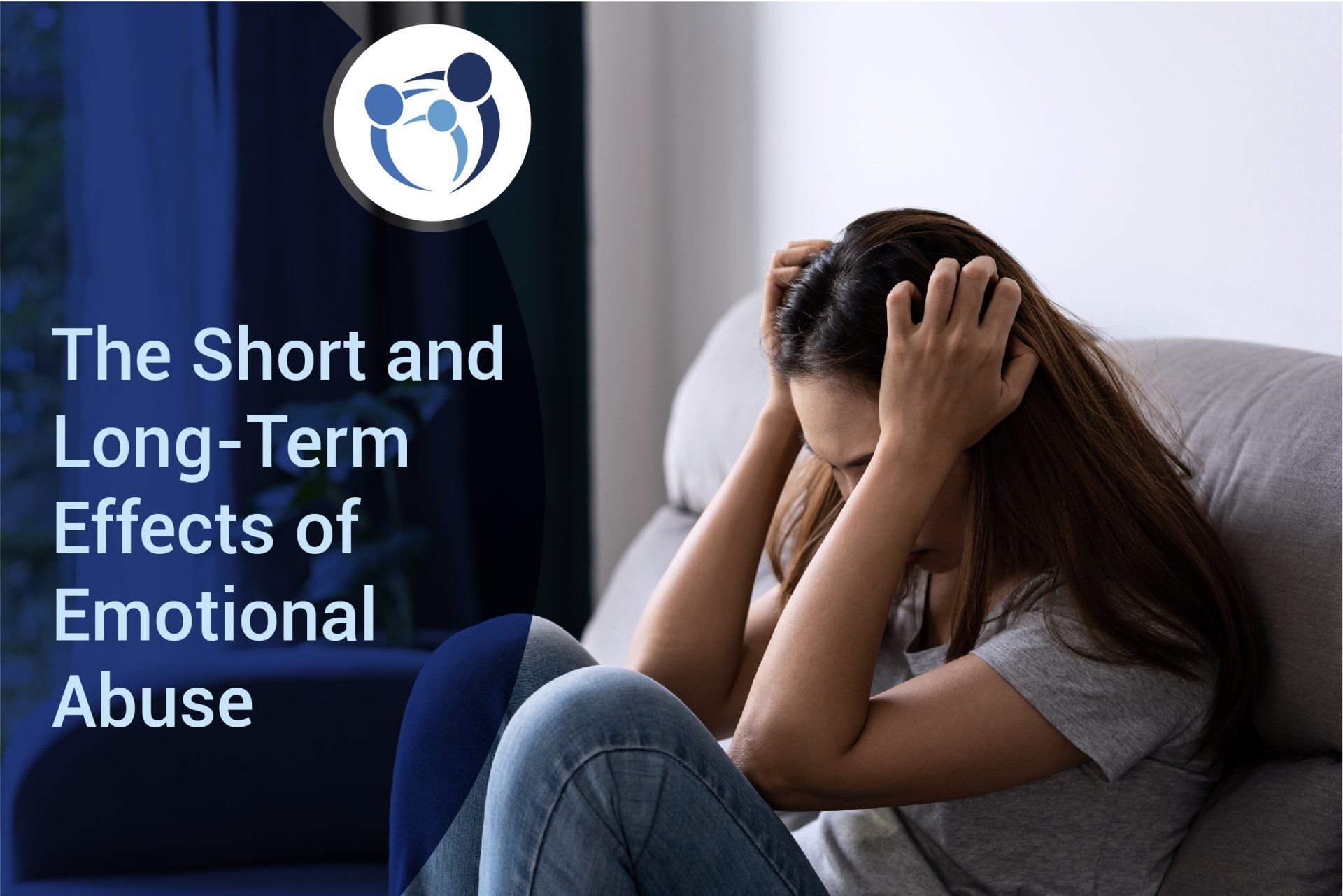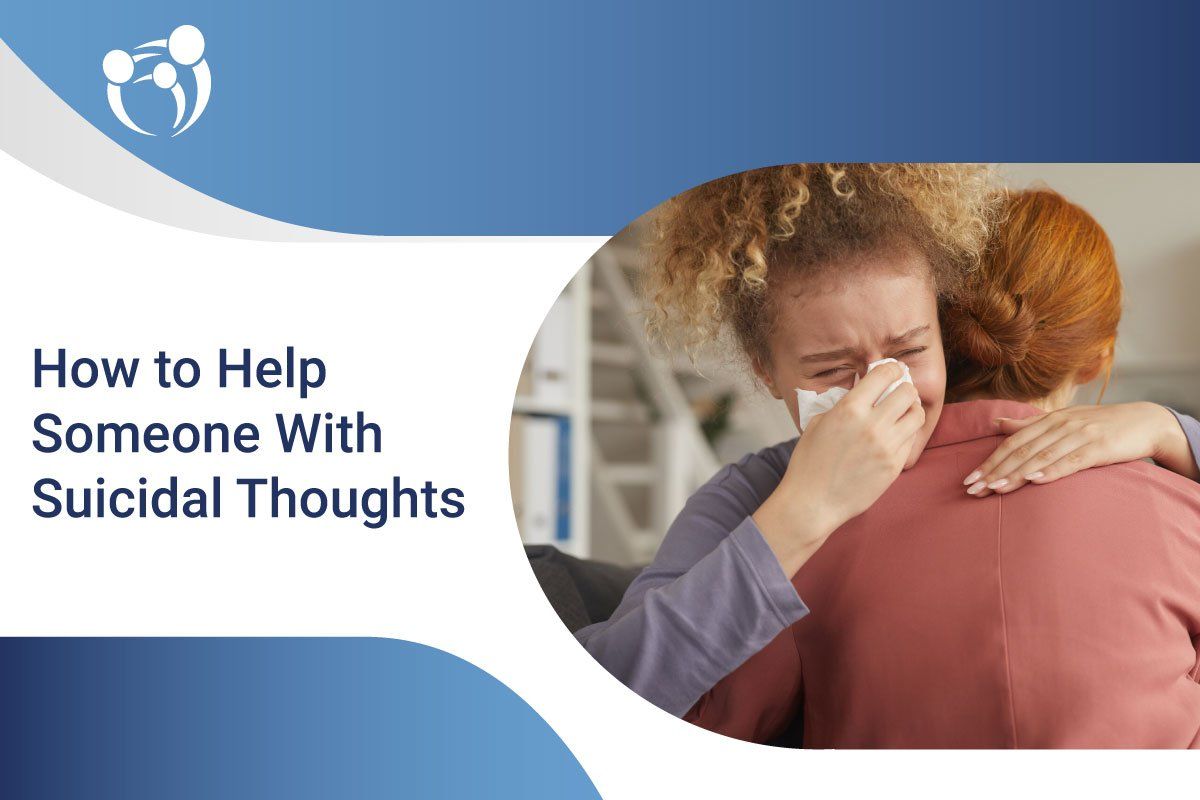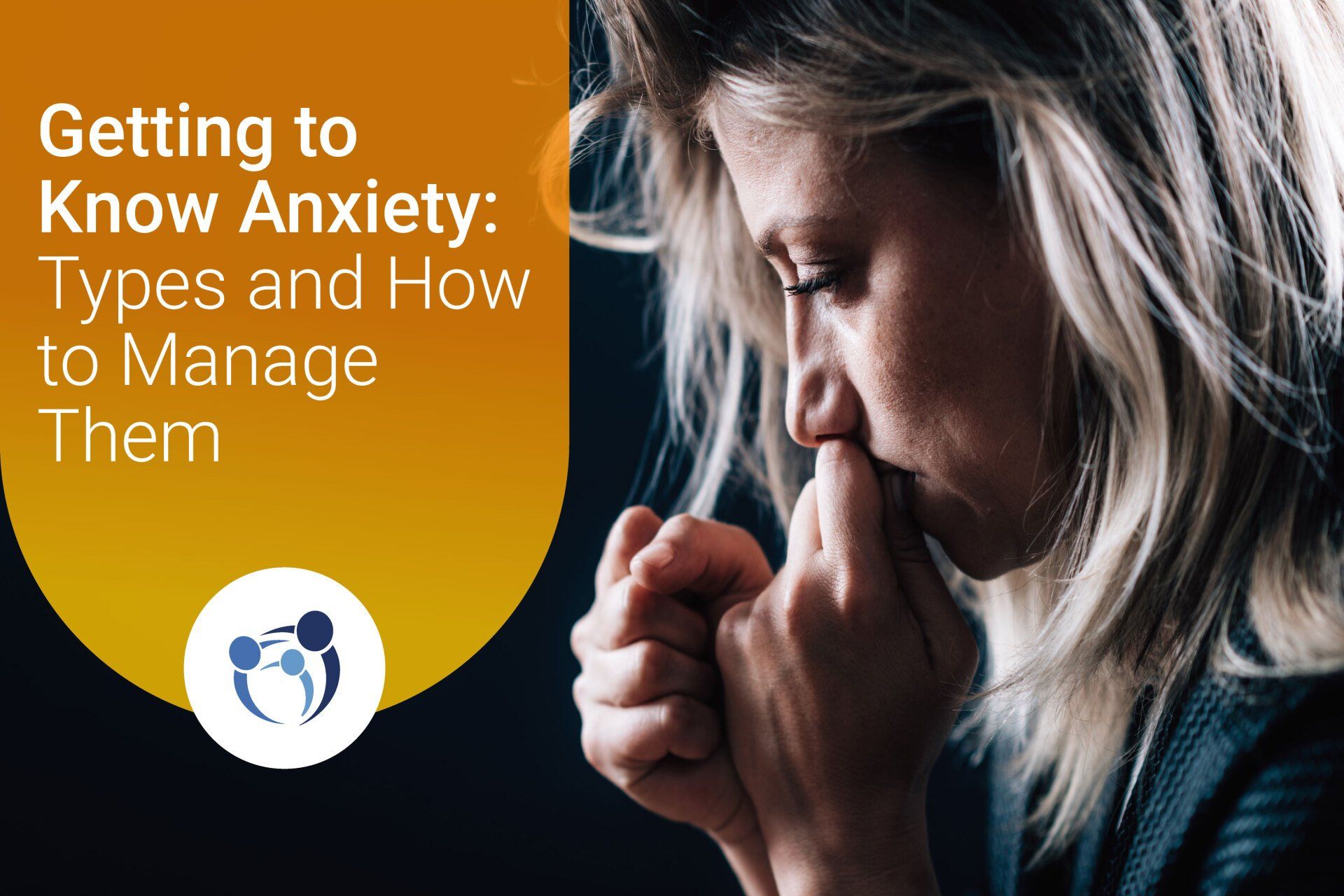According to the Anxiety and Depression Association of America (ADAA), anxiety disorders affect 40 million adults while depression affects around 17.3 million adults in the United States every year. Although these disorders are highly treatable, only 36.9% of those suffering from anxiety seek treatment and 35% of those with depression go untreated.
When it comes to mood and anxiety disorders, there are three traditional treatment routes: therapy, medication, or a combination of the two. A 2018 study showed that 42% of adults in the U.S. have seen a counselor at some point in their lives. On the other hand, a study published in 2013 showed that one in six Americans take at least one psychiatric drug.
Although the stigmas surrounding mental health have loosened up over the years, many people still suffer in silence, whether it’s due to shame or having been misinformed about treatment options. In this article, we will explore the truth about therapy and which type may be best for you so you can overcome your mood or anxiety disorder.
Benefits of Therapy With and Without Prescription Medications
With or without medication, therapy is seen as the most effective treatment for both mood and anxiety disorders. While medication helps you manage the symptoms of your disorder, therapy treats your disorder as a whole with a long-term solution.
In most cases of mood and anxiety disorders, the disorder is brought on by an underlying issue or patterns of thoughts and behaviors. Medication alone is generally not enough to correct the root of the disorder. That is why therapy is highly recommended in order to identify and correct the underlying issue and provide you with the tools you need in order to cope now and in the future.
Best Types of Therapy Available for Mood and Anxiety Disorders
Cognitive Behavioral Therapy (CBT)
Cognitive behavioral therapy is the most commonly used therapy for treating anxiety disorders. Therapists use CBT to identify and address negative habits and patterns that have an impact on how we view the world, ourselves and others through two main components:
Cognitive therapy is used to examine how negative cognitions, or thoughts, contribute to anxiety. Behavior therapy examines the ways in which you behave and react to anxiety-inducing triggers.
Cognitive behavioral therapy relies on the idea that our thoughts, and not external events, affect the way we feel. People who struggle with anxiety disorders generally have negative ways of thinking that feed the negative emotions of fear and anxiety. The overall goal of CBT is to identify and correct the negative thoughts and behaviors that induce your anxiety. Essentially, the idea is to change the way you think, which will ultimately change the way you feel.
Exposure Therapy
Exposure therapy is quite self-explanatory. This type of therapy exposes you to the objects or situations that induce your anxiety. Through constant exposure, you will feel less anxiety and more control over the situation. There are two ways in which this kind of therapy is conducted: your therapist may help you confront your fear in real life or they may just ask you to imagine yourself in a situation where you’re face-to-face with your fear. In severe cases, your therapist may take you through systematic desensitization, which is a step-by-step approach to gradually desensitizing you to your fear and building up confidence.
Psychodynamic Therapies
Psychodynamic therapies are made up of multiple therapy subsets, such as psychoanalysis and are mainly used to treat mood disorders. These types of therapies focus on resolving your internal psychological conflicts, typically believed to stem from childhood trauma. Psychodynamic therapies are much more useful when there is evidence of a lifelong pattern of maladaptive coping mechanisms (acting out, self-harm, excessive drinking, etc.).
Dialectical Behavioral Therapy
A form of CBT, dialectical behavior therapy (DBT) was originally used to treat borderline personality disorder (BPD) but has also been very successful in treating anxiety disorders. DBT focuses on developing a dialectical, or opposite, outlook to help you accept and work towards changing your anxiety. Dialectical behavior therapy involves developing four skills:
- Interpersonal effectiveness to learn how to ask for help or how to say no
- Mindfulness to connect with the present moment and acknowledge anxious thoughts without being dictated by them
- Emotional regulation to manage your anxiety before it becomes uncontrollable
- Distress tolerance to manage your anxiety if it does become uncontrollable
Interpersonal Therapy (IPT)
Interpersonal therapy focuses on your relationship and social roles. Your therapist will help you identify any interpersonal issues and teach you how to express your emotions and properly communicate them to others. Interpersonal issues can range from unresolved grief or trauma to familial conflicts to problems relating to others. IPT is generally used to treat depression but can also help with anxiety.
Tips for Dealing with Mood and Anxiety Disorders
Every now and then you may feel overwhelmed with symptoms of mood and anxiety disorders, and that’s okay. Learning how to cope with your disorder won’t happen overnight, but there are some smaller ways in which you can manage your emotions.
- Seek professional help – if you haven’t already, talking to your doctor is the first step towards healing. Only a professional can diagnose you and create a treatment plan.
- Practice mindfulness – this can involve praying or meditating and taking deep breaths
- Learn your triggers and avoid them as best you can – In the beginning, it may not be easy to identify what triggers your anxiety, but by practicing mindfulness you’ll slowly
come to learn what it is that is setting you off. If you can’t avoid your triggers, even just being aware of them can give you some sense of control.
- Exercise often – physical activity is a great way to let off some steam and get your body moving even when you don’t feel like it.
- Practice acceptance – Learn to accept yourself as you are and all of the things you have no control over.
A Center for Mental Wellness offers
therapy solutions for you and your family.
Contact us today to make an appointment or to learn more about how we can help. #BuildingABetterTomorrow



